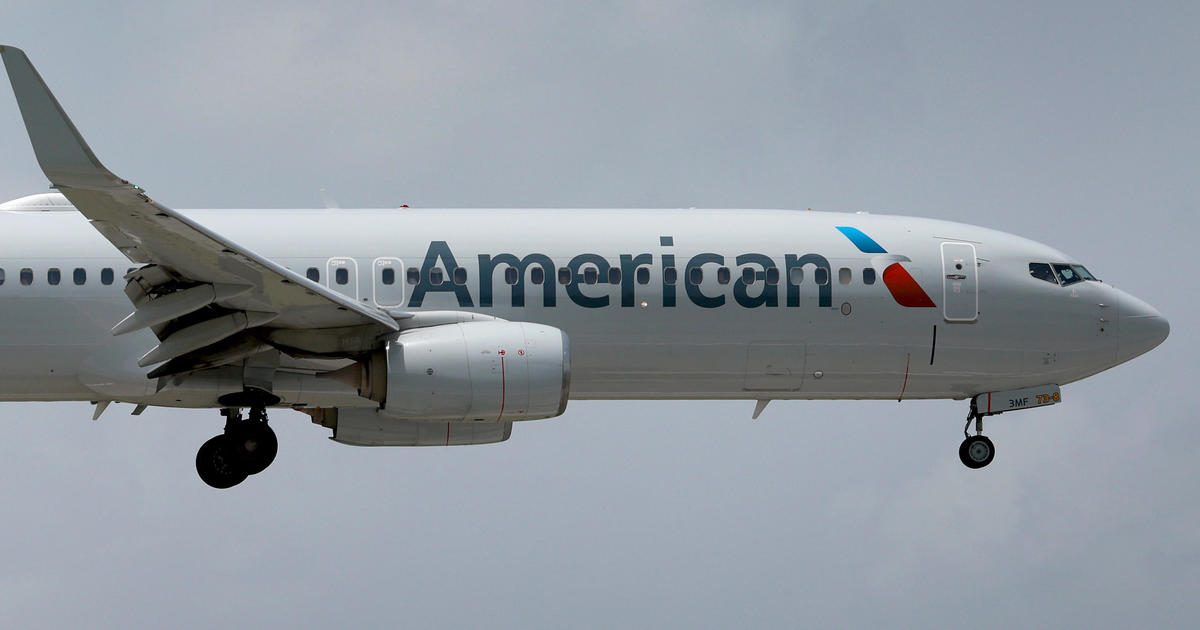American Airlines has filed a lawsuit against Skiplagged, a travel website known for offering “hidden-city” ticketing options that help travelers find cheaper flights. This practice involves booking a connecting flight that’s less expensive than a direct flight and not continuing to the final destination.
The lawsuit, filed this week in federal court in Fort Worth, Texas, accuses Skiplagged of deceptive practices. According to American Airlines, Skiplagged engages in unauthorized and misleading ticketing methods, enticing customers with promises of savings that often don’t materialize.
The airline claims that Skiplagged frequently charges consumers more than they would pay if they booked directly with American or through an authorized agent.
The lawsuit further alleges that Skiplagged misleads the public into thinking it can issue valid tickets on behalf of American Airlines, even though it lacks the authority to do so
Additionally, American accuses Skiplagged of creating the false impression that its fares offer access to some sort of secret “loophole.”
In reality, the fares displayed on Skiplagged are often higher than those available directly through American’s website or its authorized agents.
American Airlines has also threatened to cancel any tickets sold by Skiplagged, stating that every ticket issued through the site is at risk of being invalidated.
In its lawsuit, American is seeking a permanent injunction requiring Skiplagged to comply with airline restrictions.
The airline also demands an accounting of all sales of American flights made by Skiplagged, including those through other travel agencies, statutory damages, and compensation for all actual damages incurred due to Skiplagged’s actions.

While “skiplagging” is not illegal, airlines have increasingly cracked down on the practice, arguing that it violates their policies.
Travelers who engage in skiplagging may face restrictions, such as not being able to check luggage, since the bags are typically tagged to the final destination.
Additionally, the practice only works for one-way tickets, as skipping a leg of a flight will result in the cancellation of the remaining segments of the trip. Travelers wishing to book round trips would need to purchase two separate one-way tickets.
Last month, American Airlines banned a 17-year-old passenger from flying on its aircraft for three years after he attempted to disembark in Charlotte, North Carolina, instead of continuing to New York City, the final destination listed on his ticket.
“His ticket was canceled, and he was banned from American Airlines for three years, even though he never actually did anything wrong. He didn’t even get his boarding pass,” the teenager’s father, Hunter Parsons, told.
“He was left stranded 500 miles from home. He didn’t violate any policy or breach any contract. He simply went to the counter to get his boarding pass,” Parsons added.
In January 2021, American Airlines issued a notice to travel agents, warning them that it would begin monitoring “skiplag” bookings.
American’s lawsuit against Skiplagged follows a similar legal action by United Airlines and travel agency Orbitz against the company in 2014.
That lawsuit accused Skiplagged founder Aktarer Zaman of “intentionally and maliciously” interfering with their operations and promoting “prohibited forms of travel.” In 2015, Zaman settled with Orbitz, and a Chicago judge dismissed United’s lawsuit against him.







Leave a Reply